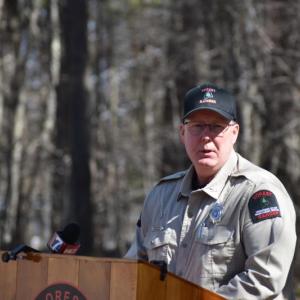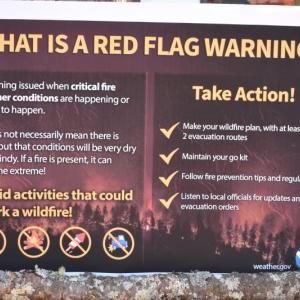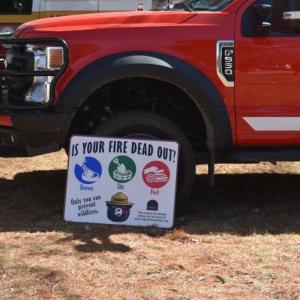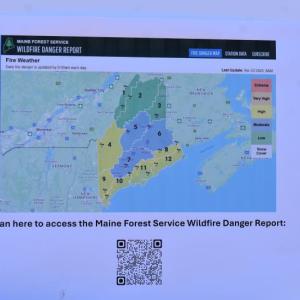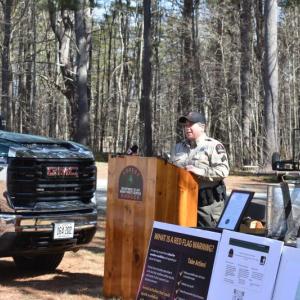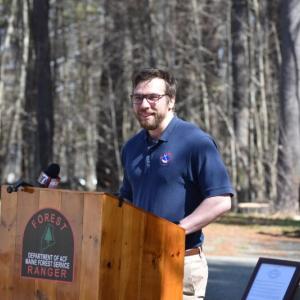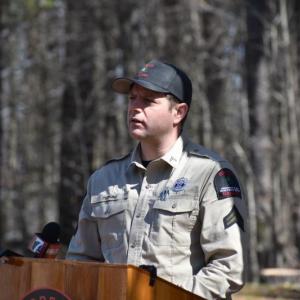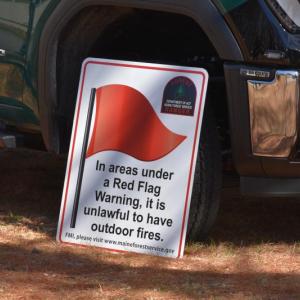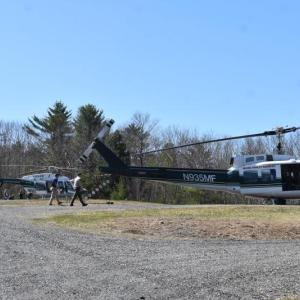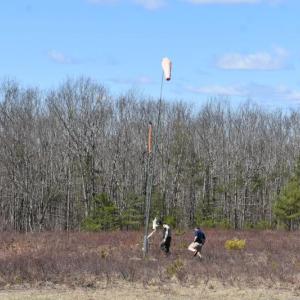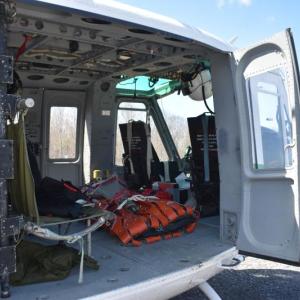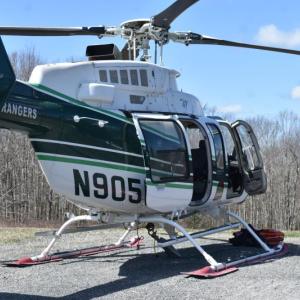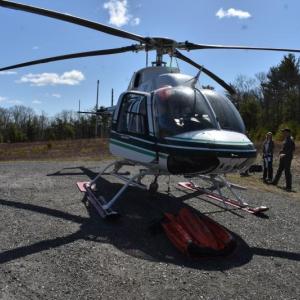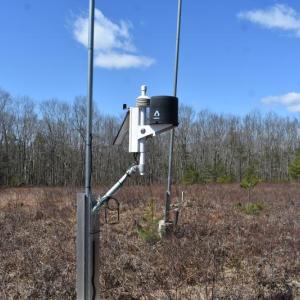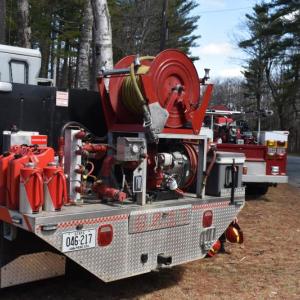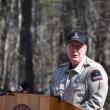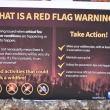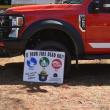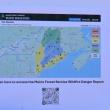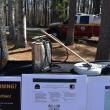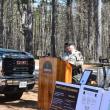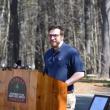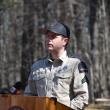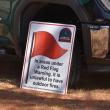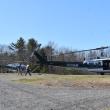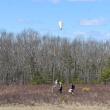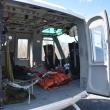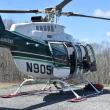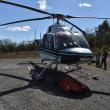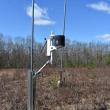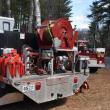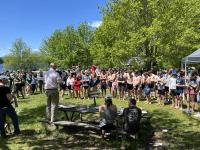High number of Maine wildfires in previous week, Midcoast numbers included
 Robby Gross, Chief Forest Ranger, Maine Forest Service. (Photo by Sarah Thompson)
Robby Gross, Chief Forest Ranger, Maine Forest Service. (Photo by Sarah Thompson)
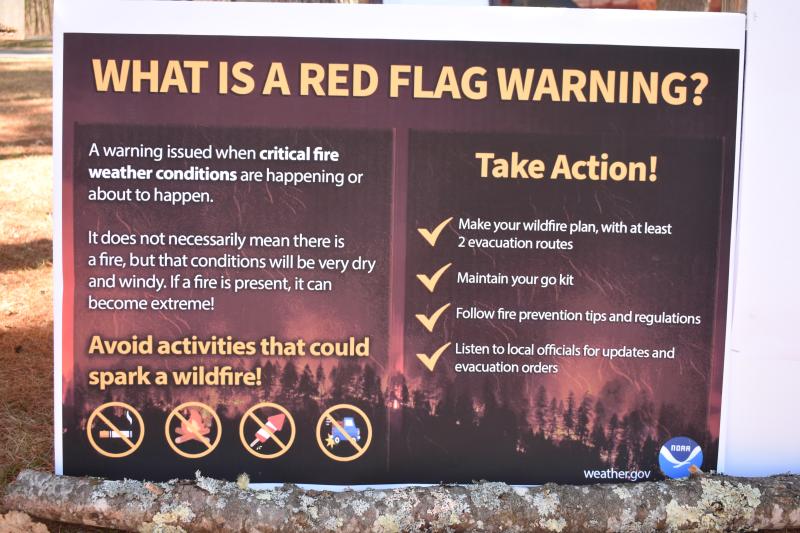 (Photo by Sarah Thompson)
(Photo by Sarah Thompson)
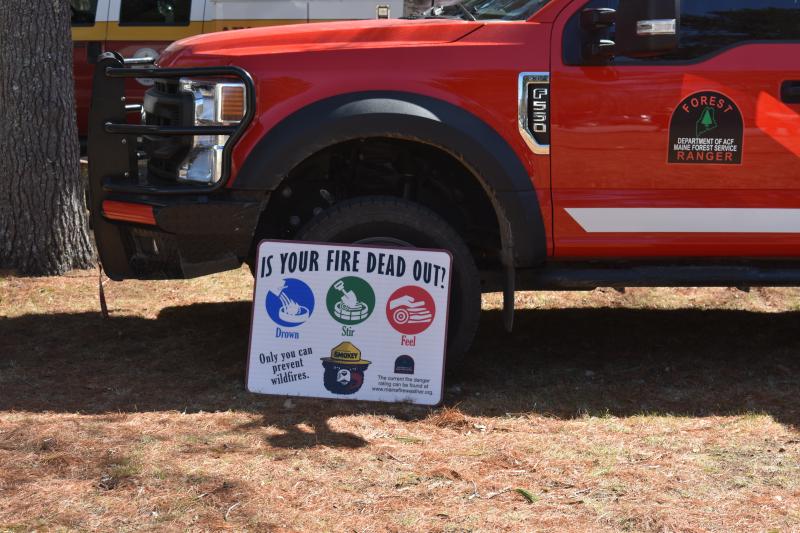
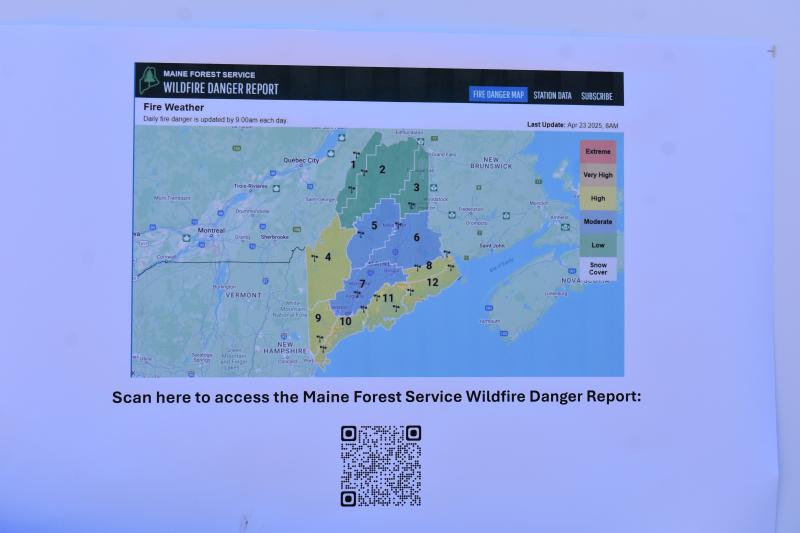 Red Flag severity levels. (Photo by Sarah Thompson)
Red Flag severity levels. (Photo by Sarah Thompson)
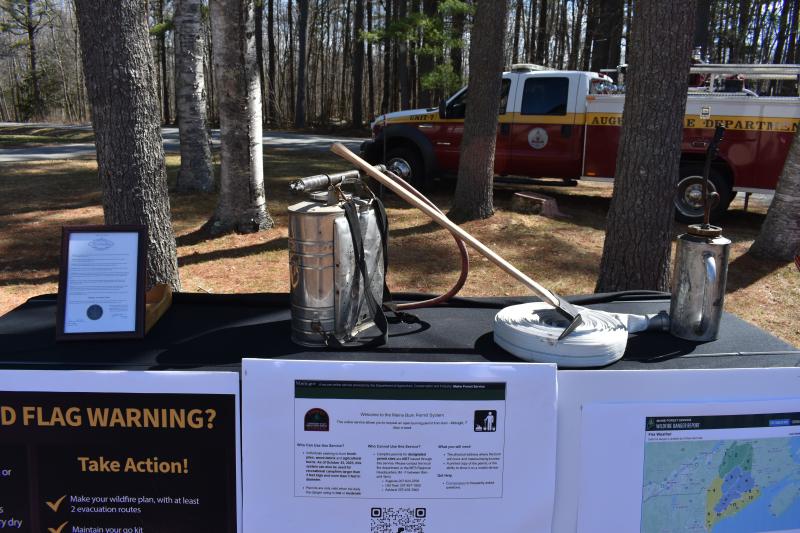 (Photo by Sarah Thompson)
(Photo by Sarah Thompson)
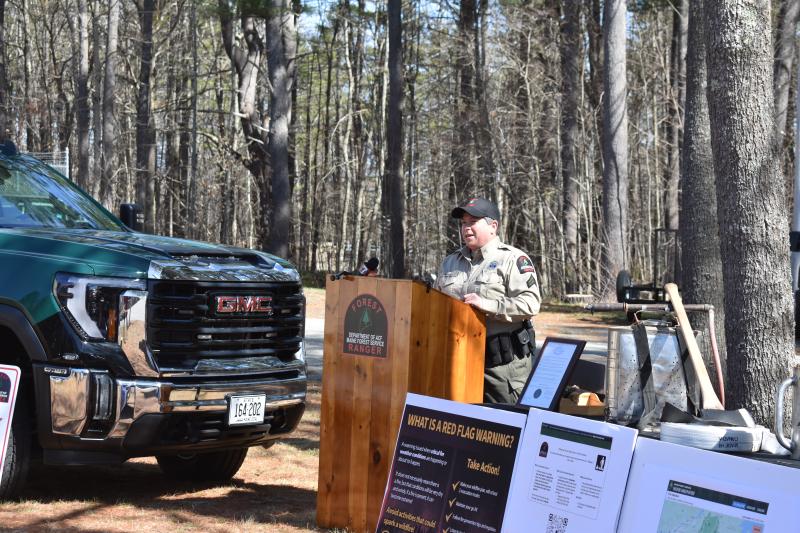 Terri Teller, Forest Fire Prevention Specialist, Maine Forest Service. (Photo by Sarah Thompson)
Terri Teller, Forest Fire Prevention Specialist, Maine Forest Service. (Photo by Sarah Thompson)
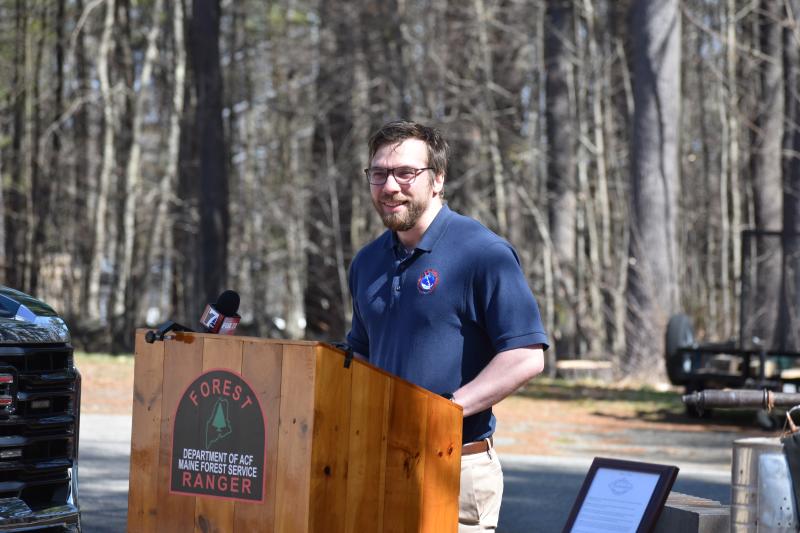 Greg Cornwell, National Weather Service - Gray. (Photo by Sarah Thompson)
Greg Cornwell, National Weather Service - Gray. (Photo by Sarah Thompson)
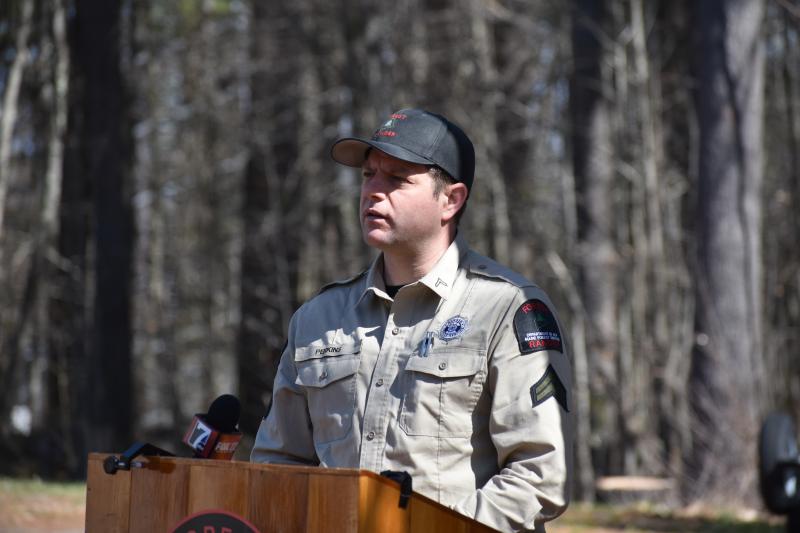 Daniel Perkins, Forest Ranger Specialist, Maine Forest Service. (Photo by Sarah Thompson)
Daniel Perkins, Forest Ranger Specialist, Maine Forest Service. (Photo by Sarah Thompson)
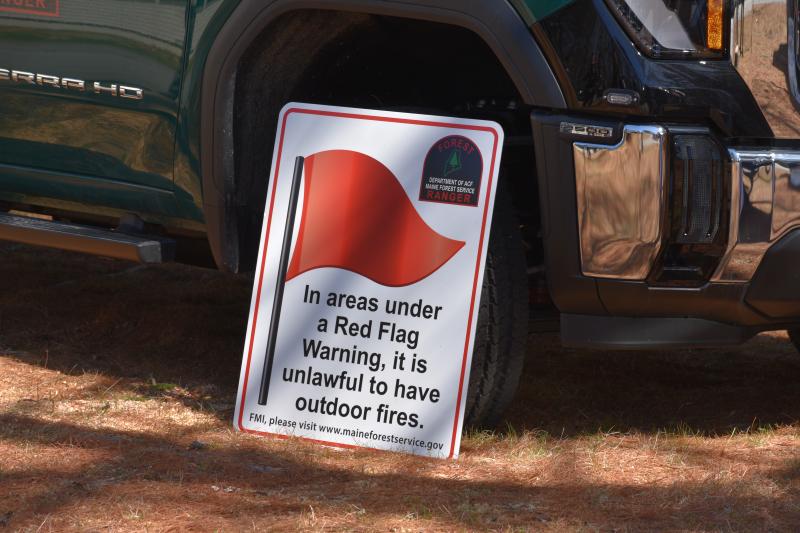
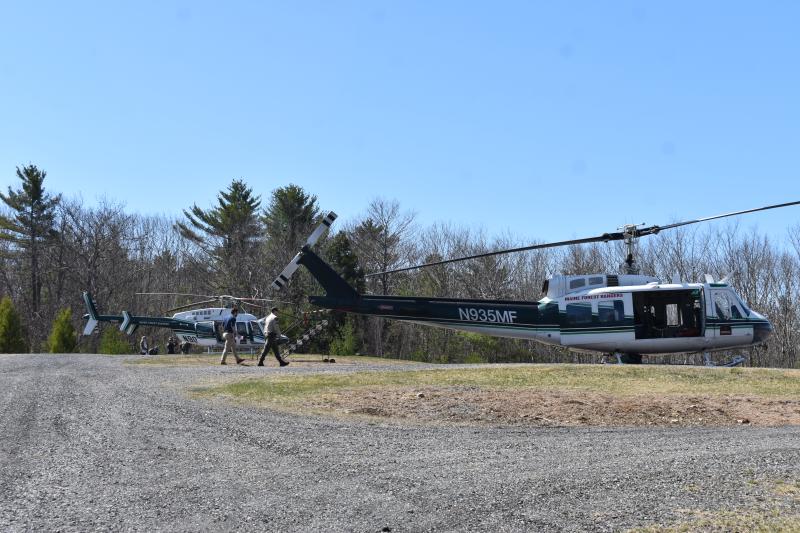 Maine Forest Service aircraft. (Photo by Sarah Thompson)
Maine Forest Service aircraft. (Photo by Sarah Thompson)
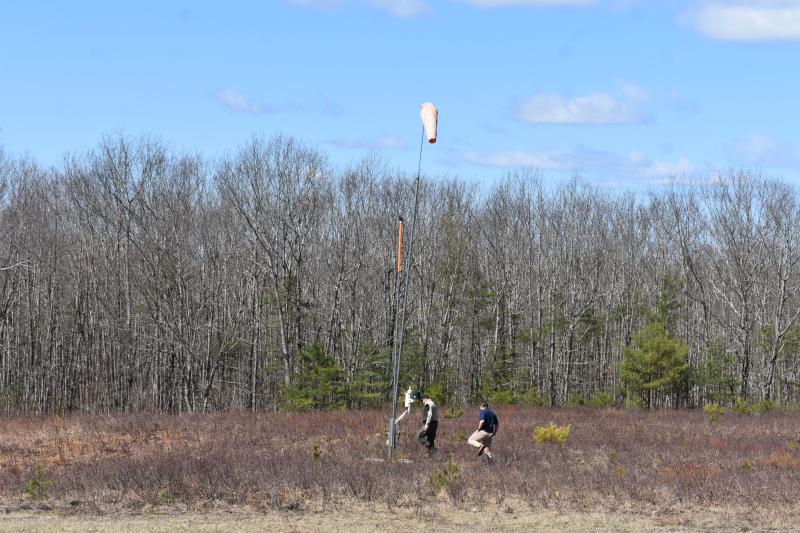 One of several Maine Forest Service weather stations around Maine. (Photo by Sarah Thompson)
One of several Maine Forest Service weather stations around Maine. (Photo by Sarah Thompson)
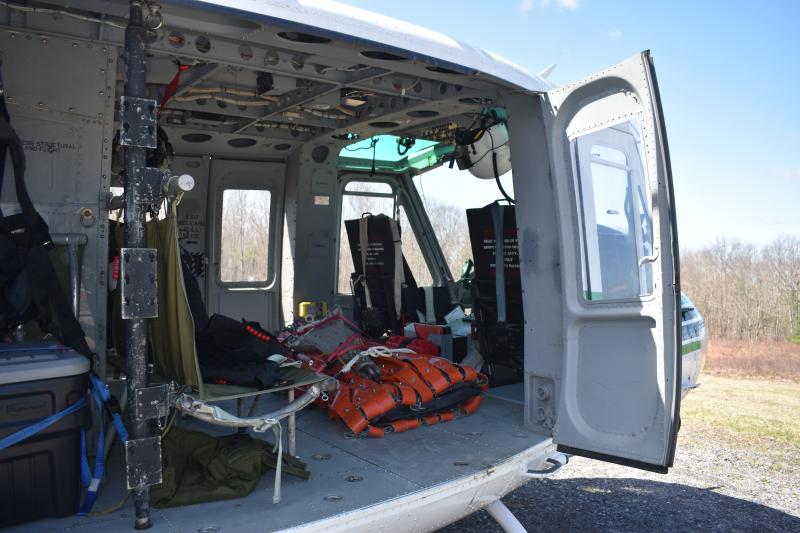 (Photo by Sarah Thompson)
(Photo by Sarah Thompson)
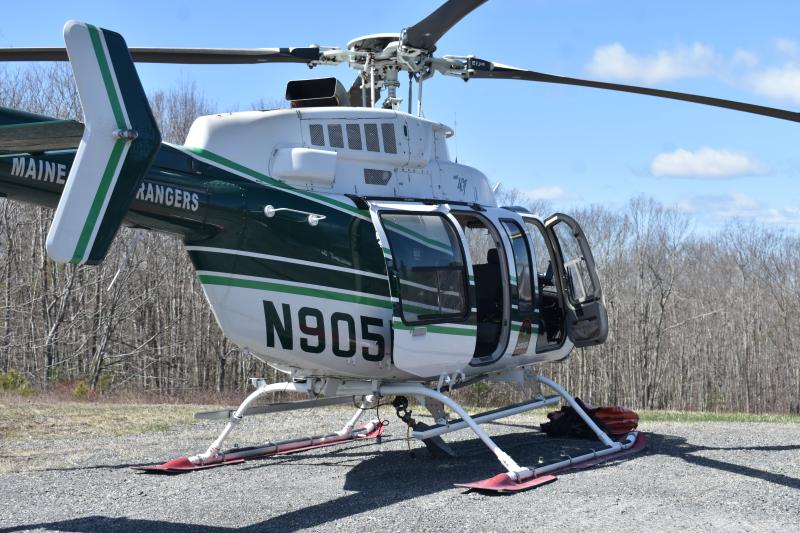 (Photo by Sarah Thompson)
(Photo by Sarah Thompson)
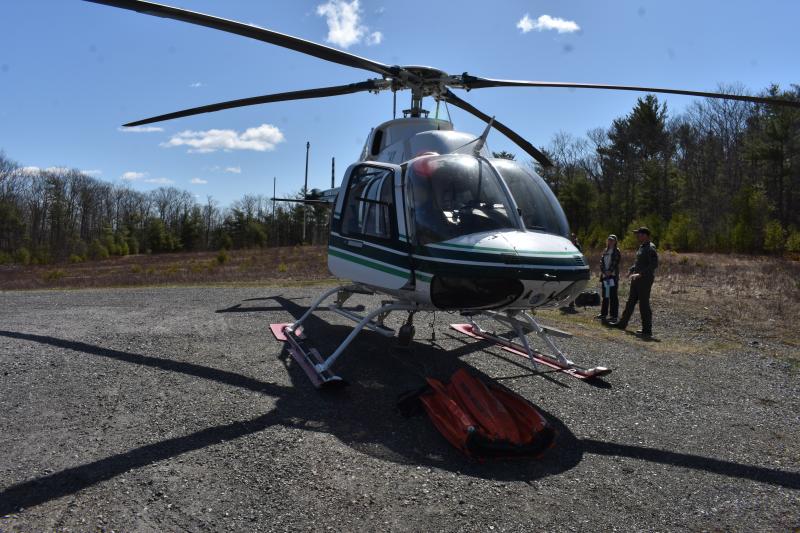 A cargo basket that can be pulled underneath a helicopter. (Photo by Sarah Thompson)
A cargo basket that can be pulled underneath a helicopter. (Photo by Sarah Thompson)
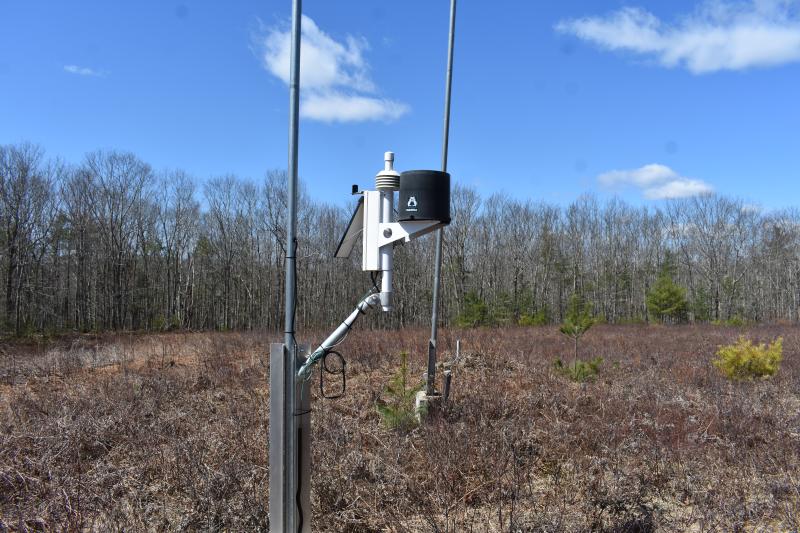 Upclose look at the "Rainwise" data collector. Solar powered and fitted with Wi-fi. (Photo by Sarah Thompson)
Upclose look at the "Rainwise" data collector. Solar powered and fitted with Wi-fi. (Photo by Sarah Thompson)
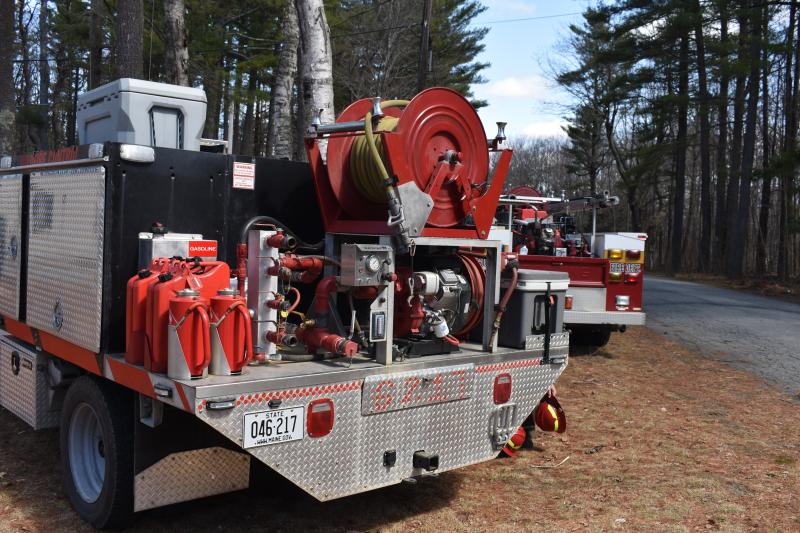 A Forest Service fire truck looks quite similar to Augusta FD's forestry truck. (Photo by Sarah Thompson)
A Forest Service fire truck looks quite similar to Augusta FD's forestry truck. (Photo by Sarah Thompson)
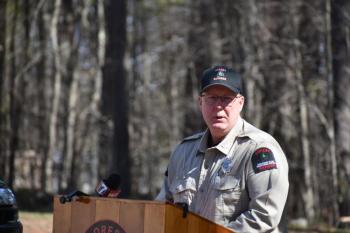 Robby Gross, Chief Forest Ranger, Maine Forest Service. (Photo by Sarah Thompson)
Robby Gross, Chief Forest Ranger, Maine Forest Service. (Photo by Sarah Thompson)
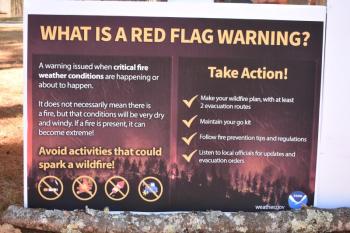 (Photo by Sarah Thompson)
(Photo by Sarah Thompson)
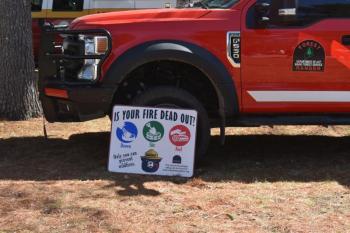
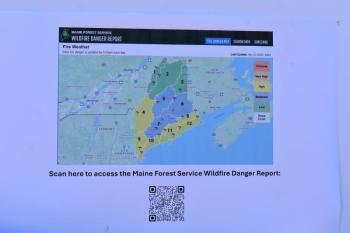 Red Flag severity levels. (Photo by Sarah Thompson)
Red Flag severity levels. (Photo by Sarah Thompson)
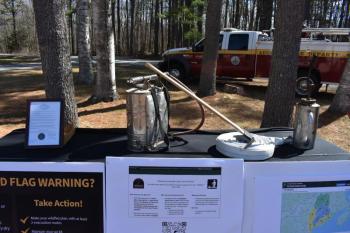 (Photo by Sarah Thompson)
(Photo by Sarah Thompson)
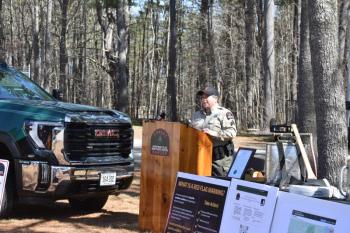 Terri Teller, Forest Fire Prevention Specialist, Maine Forest Service. (Photo by Sarah Thompson)
Terri Teller, Forest Fire Prevention Specialist, Maine Forest Service. (Photo by Sarah Thompson)
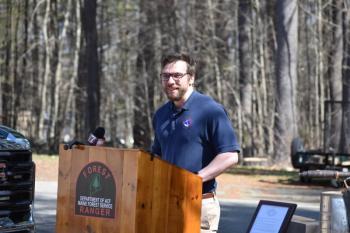 Greg Cornwell, National Weather Service - Gray. (Photo by Sarah Thompson)
Greg Cornwell, National Weather Service - Gray. (Photo by Sarah Thompson)
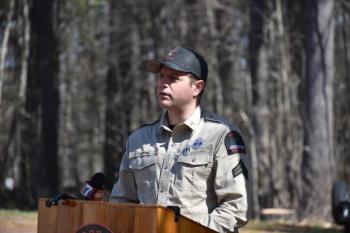 Daniel Perkins, Forest Ranger Specialist, Maine Forest Service. (Photo by Sarah Thompson)
Daniel Perkins, Forest Ranger Specialist, Maine Forest Service. (Photo by Sarah Thompson)
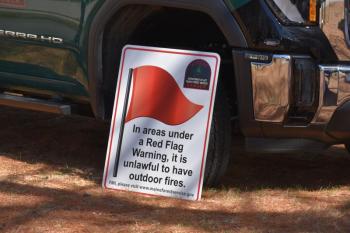
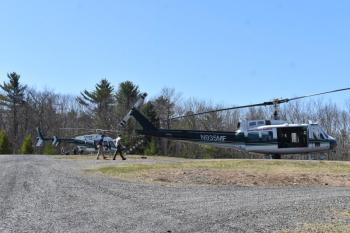 Maine Forest Service aircraft. (Photo by Sarah Thompson)
Maine Forest Service aircraft. (Photo by Sarah Thompson)
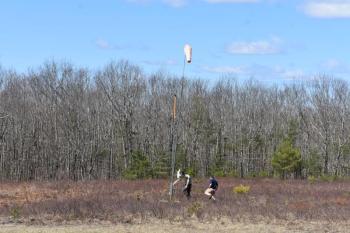 One of several Maine Forest Service weather stations around Maine. (Photo by Sarah Thompson)
One of several Maine Forest Service weather stations around Maine. (Photo by Sarah Thompson)
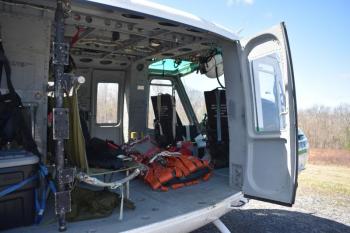 (Photo by Sarah Thompson)
(Photo by Sarah Thompson)
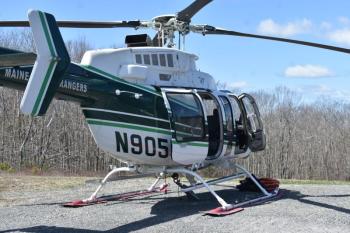 (Photo by Sarah Thompson)
(Photo by Sarah Thompson)
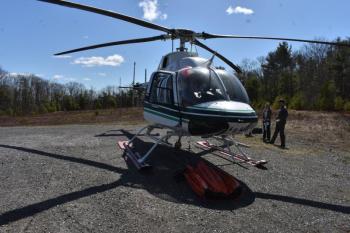 A cargo basket that can be pulled underneath a helicopter. (Photo by Sarah Thompson)
A cargo basket that can be pulled underneath a helicopter. (Photo by Sarah Thompson)
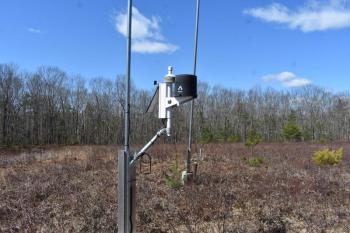 Upclose look at the "Rainwise" data collector. Solar powered and fitted with Wi-fi. (Photo by Sarah Thompson)
Upclose look at the "Rainwise" data collector. Solar powered and fitted with Wi-fi. (Photo by Sarah Thompson)
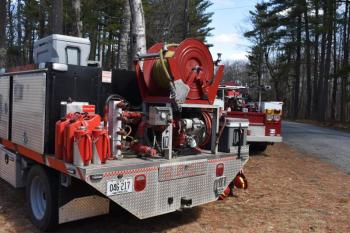 A Forest Service fire truck looks quite similar to Augusta FD's forestry truck. (Photo by Sarah Thompson)
A Forest Service fire truck looks quite similar to Augusta FD's forestry truck. (Photo by Sarah Thompson)
Easter Sunday, April 20, 2025, Waldoboro and Vinalhaven fire departments stomped out wildland fires on Finntown Road and AW Smith Road, respectively. The Vinalhaven fire burned approximately seven acres, and required 2.5 hours of firefighter time. The cause is still under investigation, according to Fire Chief Marc Candage.
Hope and Searsmont followed smoke on April 21 while permitted and unpermitted burns kept many other departments on their toes. Union FD saw an approximate 25 x 50 square foot grass fire on April 17, the same day that North Haven FD investigated smoke on North Shore Road.
Coincidentally occurring on the heels of an extremely busy weekend for Maine Forest Rangers and firefighters, fire rangers took the time to acknowledge Wildfire Awareness Week at its Augusta office, Wednesday, April 23.
Forest Ranger Sgt. Scott Maddox said that in his 25 years in the Forest Service, this year is the driest he’s seen. Ten – 20 years ago, Maine averaged 500 - 550 calls to the Forestry Service, of which the category of what constitutes a wildland fire is broad, basically anything that burns from wildland fuel, according to Forest Ranger Specialist Dan Perkins. A small patch of un-prescribed burn (aside from the average mulch fire) to many acres of destruction. In recent years, the average has ticked upwards to 700, and according to Chief Forest Ranger Robby Gross, with the increase in incidents comes an increase in acres burned.
In recent years, up until this point, annually, Maine sees an average of 164 calls; more than half of those calls occurred last week despite a Red Flag Warning.
Since January, Knox County has recorded two wildfires. Waldo County has seen 5 wildfires, and Lincoln County responded to 6 wildfires, including one in Nobleboro last weekend.
Red Flag Warnings are generated based on data collected through weather stations. Depending on wind direction, wind speed, and relative humidity less than 30 percent, the Forest Service may be prompted to advance warning to the community. To view each day's fire danger level, visit https://mainefireweather.org/
“Historically speaking, over ninety percent of our wild fires are human caused,” said Gross. “That’s why it’s such a significant time period, this time of year, for us, with drying fuels, high temperatures, low relative humidities, high winds. Those components all can be a recipe for disaster.”
Best Practice
-People are asked to burn after 5 p.m., which is when temperatures are cooler and relative humidities are a little higher.
-Ensure that a fire permit is obtained.
-Ensuring a water source
-Ensure an appropriate amount of people to control the fires
-Ensuring that the fire is “dead out” is one of the most critical points, according to Gross.
Working with locals, finding a purpose, helping the nation and Canada
Forest Rangers are law enforcement agents and firefighters all in one.
“No one else does what we do,” said Maddox.
Though it’s a rare occurrence (especially last weekend when bouncing from fire to fire), Forest Rangers could be first on scene to a wild fire. If so, and even if they aren’t first, their Type 6 Engines are packed with most of the same gear as regular fire trucks, allowing rangers to step in and assist anywhere they are needed. Regardless of their time of arrival, they are also responsible for receiving data and investigating when necessary.
They take nationally certified courses, can go anywhere in the country, and no matter what state they come from, they will know, because of the national-level trainings, what everyone else on scene is capable of within each role.
Rockland just got three firefighters certified with the Maine Forest Rangers. A St. George firefighter who now works for Rockport worked with the Forest Service before striking out independently and becoming a hot shot in the federal system.
Team members have worked in Texas alongside Montana strike teams. Rich Beaudin of Augusta FD just returned from the Palisades, California fires. Others have joined mutual work groups on the border of Connecticut and New York, and some helped in North Carolina last fall. A Maine water helicopter dropped water on a Massachusetts blaze, and a Maine fire engine went to Vermont. Everyone works closely and well with Canada.
Though it may be strange to say, Maddox frankly admitted, “we like fire.”
For him, the Forest Ranger career is very fulfilling.
Reach Sarah Thompson at news@penbaypilot.com

